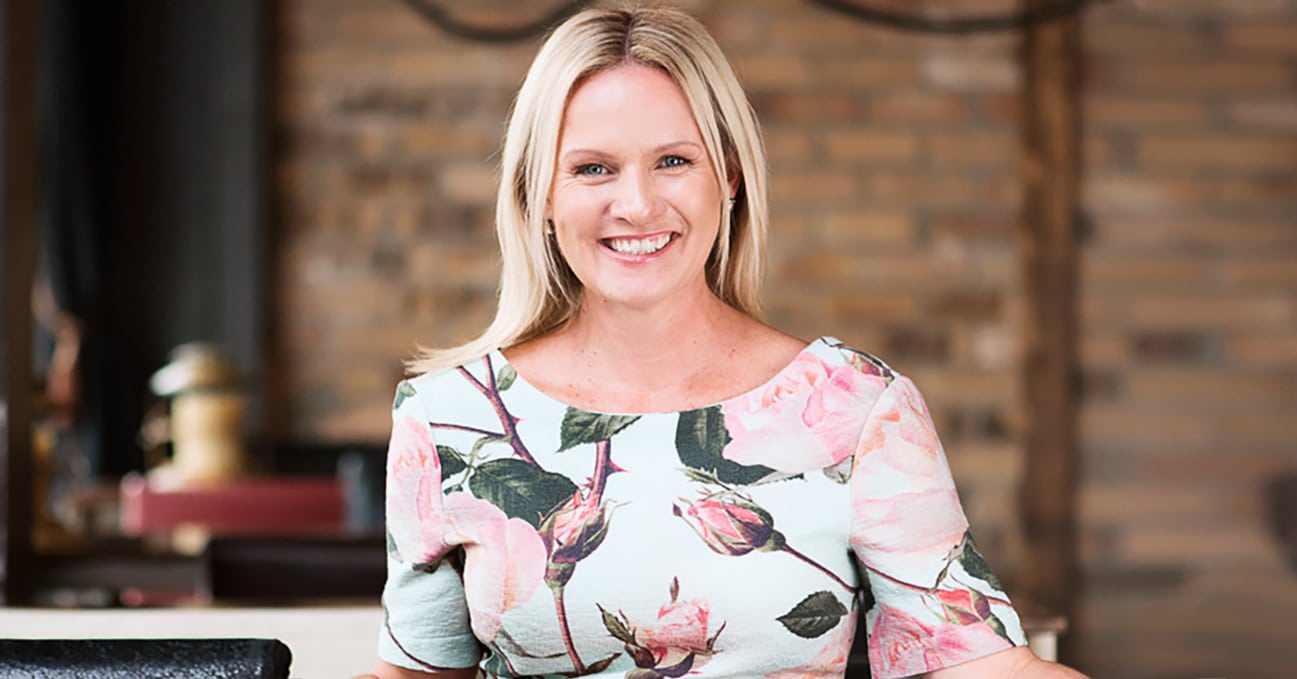Why improving leadership communication skills for maximum impact during difficult conversations makes you a better a leader:
You’ve probably heard the term ‘Courageous Conversations’ in your business circles, and you may be wondering just what this phrase means, and how Courageous Conversations can help you improve your leadership.
A Courageous Conversation is, essentially, when you take control and carry out a difficult conversation (about poor performance, you’re scared of not being liked for what you say, etc.) with confidence and courage.
Leadership is an attitude, and courage is an extremely important part of that attitude.
Bravery is also how you become more resilient; as you tackle more of your fears and worries, you’re better equipped to handle them.
When business leaders practice courageous conversations, they reap many benefits – and one of the biggest is increasing their resilience.
It’s only natural to fear those tough conversations in the workplace (and in life) and avoid them if possible – and if you can’t avoid them, you run the risk of not communicating clearly because you don’t want to come off as too ‘harsh’.
There’s a difference between being rude and getting across points that may be unpleasant, and leaders must keep this in mind if they’re going to have effective conversations about those tricky subjects.
Like it or not, as a leader you’ll be having many conversations with many different people in the workplace, and being able to handle the difficult ones is essential to be a great leader.
Whether you fear being accused of bullying, unfair dismissal, legal action or even just plain being disliked, it’s imperative that you become proactive in preparing yourself and developing your communication skills so that you’ll be communicating assertively and in a positive manner, to get the positive outcomes necessary.
A Courageous Conversation entails:
- The delivery of honest feedback
- Building acceptance
- Constructive communication
- Managing emotional and other difficult reactions
- Using a step-by-step framework for tough conversations
- Finding the common ground
- Reaching an agreement and commitment
- Maintenance of relationships after talking about difficult issues
Working on being able to carry out courageous conversations will empower you to become more resilient; the more you deal with these types of conversations, the better equipped you’ll feel and the easier it will be to focus on achieving the right outcomes, instead of worrying about whether your team member will like you after you discuss their need for performance improvement with them.
Managers must take the lead in a conversation to avoid going off track, as well as miscommunication.
Being a manager means that you’re the one who has to have the difficult conversations, and being able to brush things off to ensure you get to the desired outcome is vital – which is where Courageous Conversations come in, as you can find many frameworks to provide you with a step-by-step guide on how to structure these discussions effectively.
If leaders don’t articulate the problem, then the team members are left confused and the issue/s won’t get resolved, leading to escalation and unnecessary frustration for all involved.
It’s time to be brave and start having those Courageous Conversations; start being open, transparent and honest, and have the courage to say what needs to be said. You’ll become more resilient for it, and it will have a wonderful effect on your business’s performance as well.
You’ll gain respect from those around you, and not be daunted by the idea of difficult conversations anymore.





